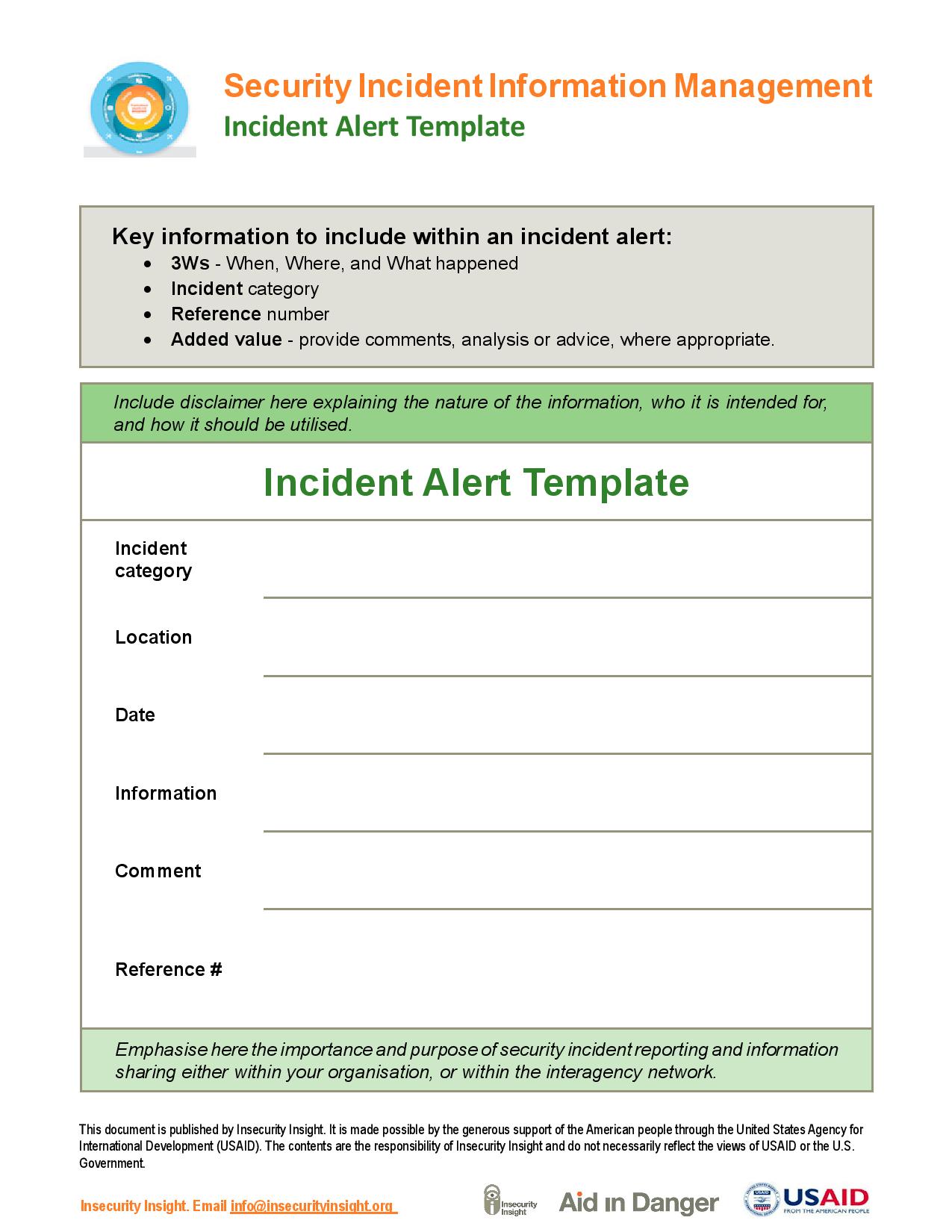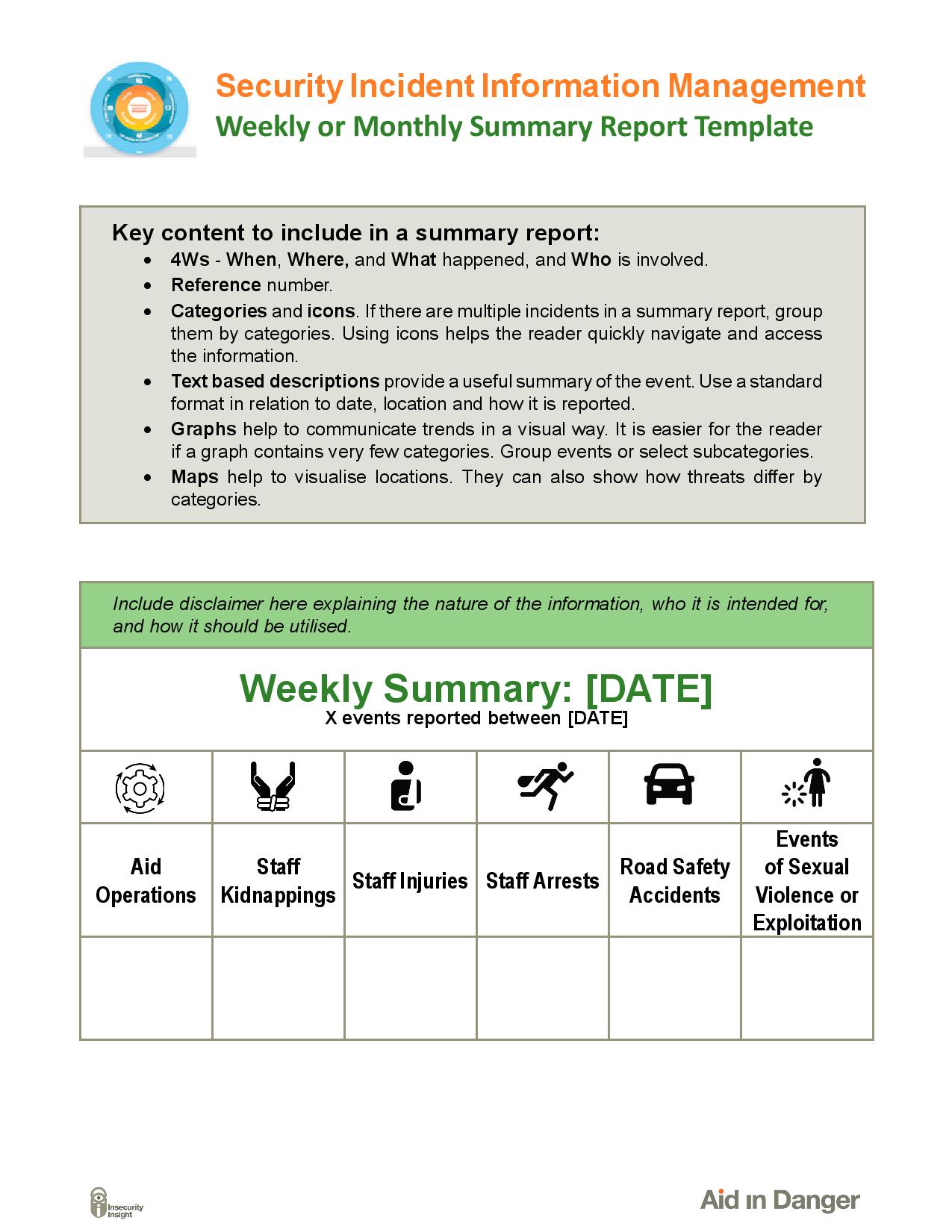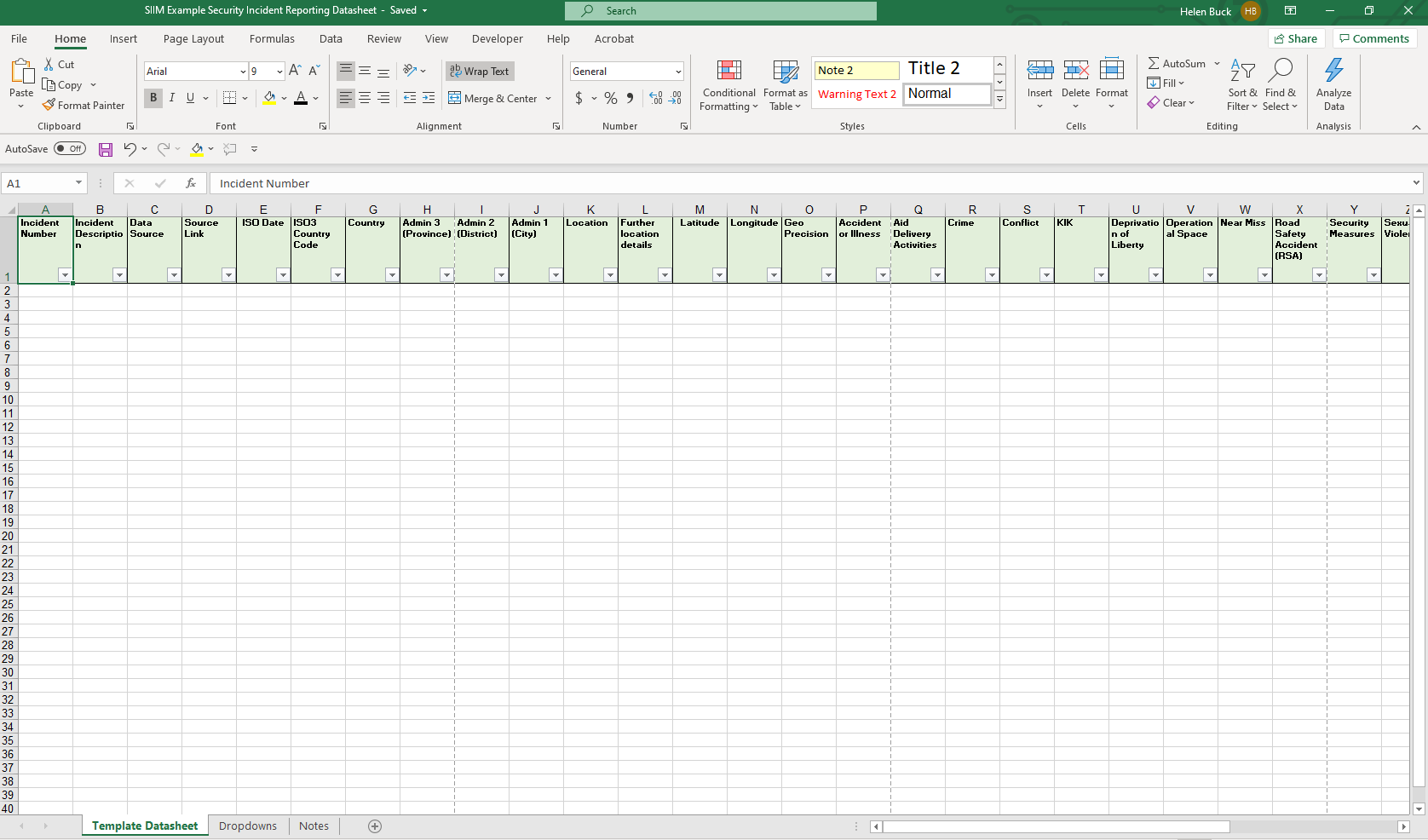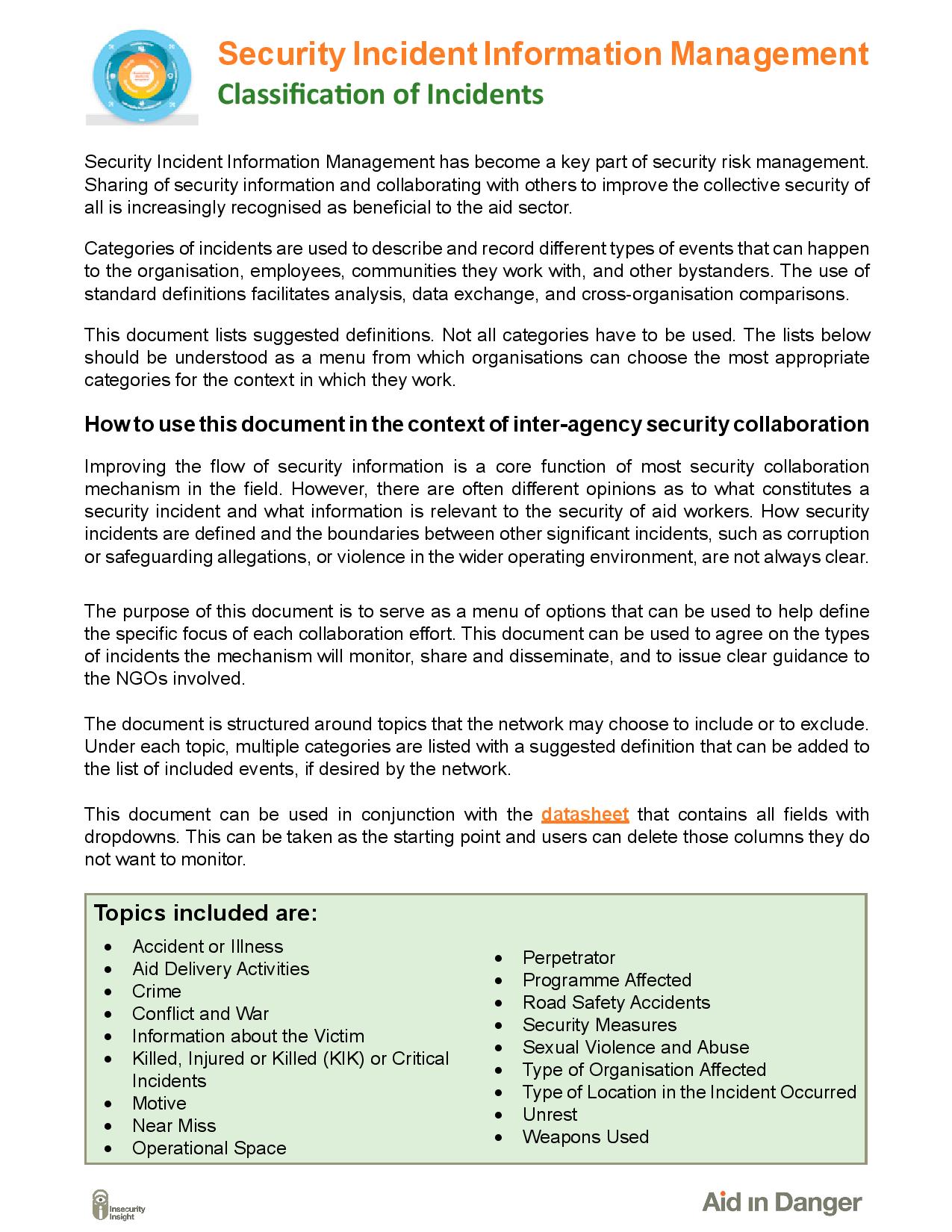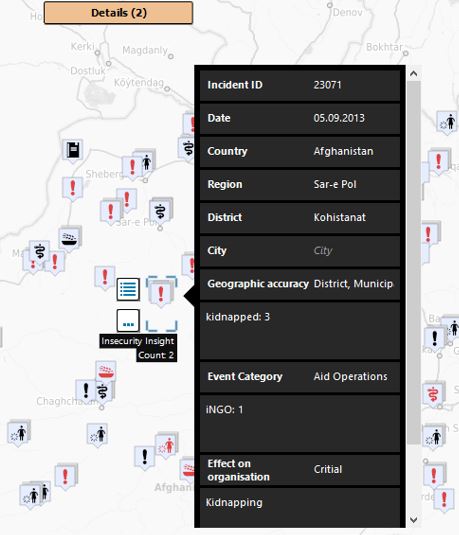The value of sharing security incident information and collaborating with others to improve the collective security of all is increasingly being recognised.
The GISF guide provides NGO security staff with advice, tips, and practical resources and templates to support them in facilitating effective security collaboration in the field.
Collaboration means acting together in the interests of a common goal. The goal is not collaboration itself, but the results it can produce.
The guide explains the overarching principles of security collaboration, highlights different models and options to be considered, suggests how such collaborative efforts can be established and maintained, and examines potential activities and support they can provide.
Improving the flow of security information is a core function of most security collaboration mechanism in the field. Good security incident information management (SIIM) practices are a key building block. It is the tool that enables organisations to share and learn from security incident information.
Insecurity Insight, as part of its support for aid agency security incident information management, supported the GISF guide through the development of practical incident sharing, reporting and analysis tools.
This site provides the links to Insecurity Insight templates and tools for security incident information management for field based NGO security coordination as mentioned in the GISF guide.
For examples of information products developed for NGOs with NGO shared incident data see our Ethiopia, Lebanon and Mozambique country pages.
